Conferencistas 2014
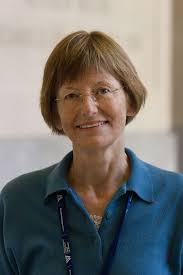
Elizabeth Picard is an Arabist and Doctor in Political Science (Sciences Po Paris 1984). She is Emeritus Research Director at the IREMAM (Institut de Recherches et d'Études sur le Monde Arabe et Musulman) in Aix-en-Provence (Centre National de la Recherche Scientifique). She lived several years in the MIddle East and directed the French Research Center of Studies and Research about the Contemporary Middle East (Beirut and Amman). As specialist in Syria and Lebanon, she has published several works about the security and identities in the Middle East. She directed "The Kurd Question" (1993), "The new dynamic in the Middle East" (1993), "Lebanon, a war of 33 days" (2006), and "Politics in the Arab World" (2007). She's author of several texts, among others: "Lebanon, a Shattered Country" (2002); "Nation building and minority rights in the Middle East", in Power and Powerlessness: Minorities in the Middle East, directed by A.-N. Longva (2010); "Lebanon in search of sovereignty: Post 2005 security dilemmas", in Lebanon: After the Cedar Revolution, directed by A. Knudsen & M. Kerr (2012).
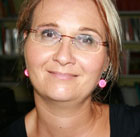
Dra. Aude Signoles
Researcher-professor, Sciences Po Aix-en Provence aude.signoles@sciencespo-aix.frAude Signoles is researcher-professor in Sciences Po Aix-en Provence and associate professor to IREMAM (Institute of Research and Studies on the Arab and Muslim Worlds) since 2012. She has worked in the Galatasaray University (Istanbul). Her works are focused on the sociology of local power in the Arab World. She has studied the debate of descentralization in the Palestine context towards the construction of a State, before she approached to the challenges of territorial and administrative reorganizations in countries facing "revolutions". Her PhD thesis, in 2004, analyzed "Municipalities and local power in Palestine territories. Between Isareli domination and the State formación (!993-2004)", for which she received the Michel Seurat Price, from the CNRS. Recently, she directed the number of Critique International magazine, regarding "Islamists Municipalities", which included study cases about Turkey, Lebanon, Morocco and Pakistan. She published "The local government's system in Palestine". She has also published several numbers about political sociology in Palestine territories, such as "Living under occupation, Palestinian daily life", and she has head of a research group about identities' transformations in diasporas, starting with the Palestinian case.
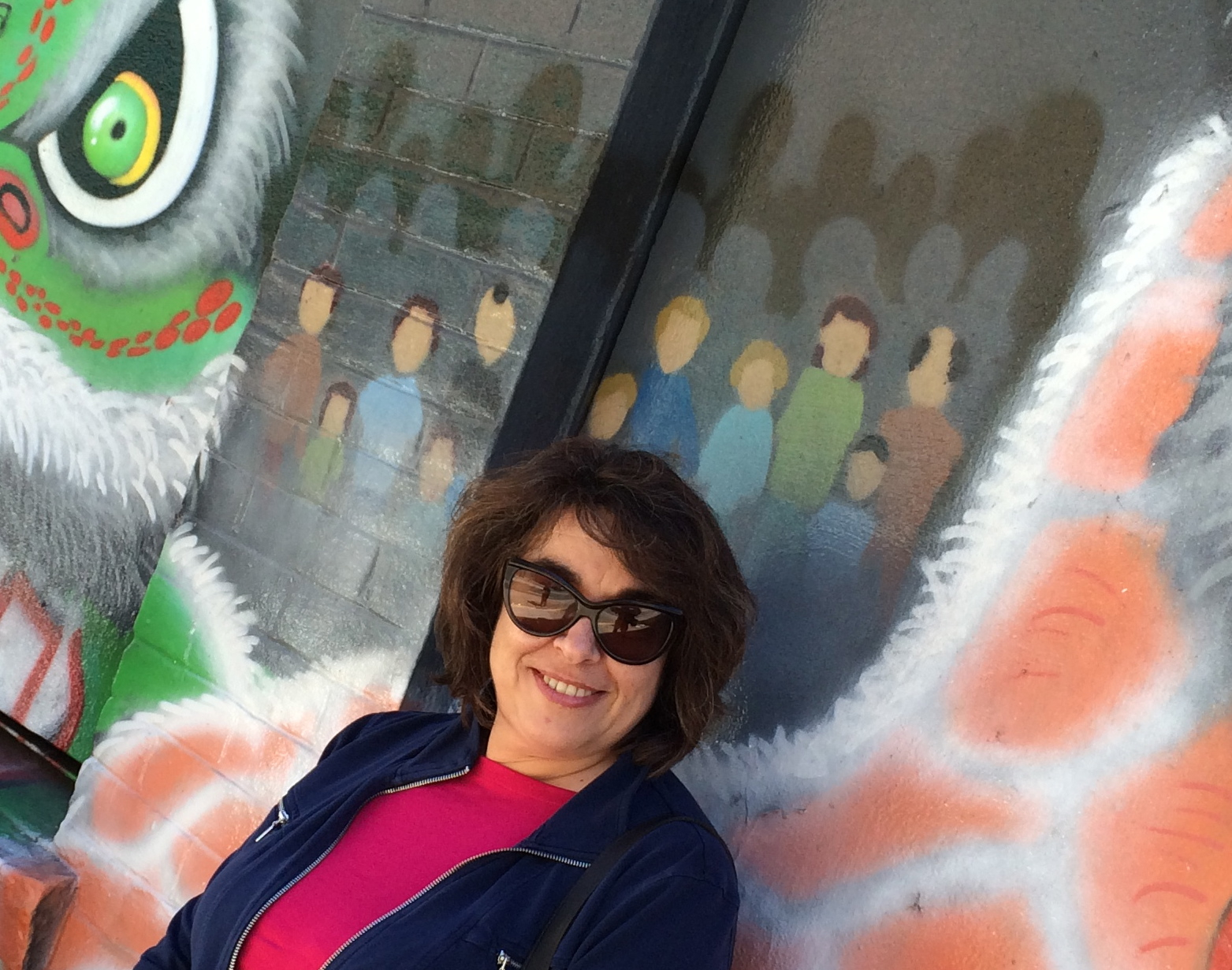
Dra. Nuha Khoury
Researcher-professor, Department of History of Art and Architecture, University of California, Santa Barbara khoury@arthistory.ucsb.eduNuha N. N. Khoury (Ph.D. Harvard University, 1991) is a professor of art history at the University of California, Santa Barbara where her teaching and research encompass Islamic art and architecture and art of the modern Arab world. She has worked in a curatorial capacity at Harvard's Sackler Art Museum, served as president of the Historians of Islamic Art Association, and directed the University of California Education Abroad Program in Cairo. She is the recipient of Aga Khan Fellowships, the University of California President's Fellowship, and a J. Paul Getty Fellowship. A specialist in mosque architecture and iconography, her research transcends geographical, temporal and disciplinary boundaries with studies ranging from the Prophet's Mosque in Medina in the seventh century to the seventeenth-century Friday Mosque of Isfahan. She is co-author of Interpreting the Self: Autobiography in the Arabic Literary Tradition (2001) and author of the forthcoming Ideologies and Inscriptions. Among other places, her publications appear in Muqarnas, The International Journal of Middle East Studies, Orientations, and Third Text. Current research engages the formative period of Islamic architecture and Lebanese artists on the eve of independence.
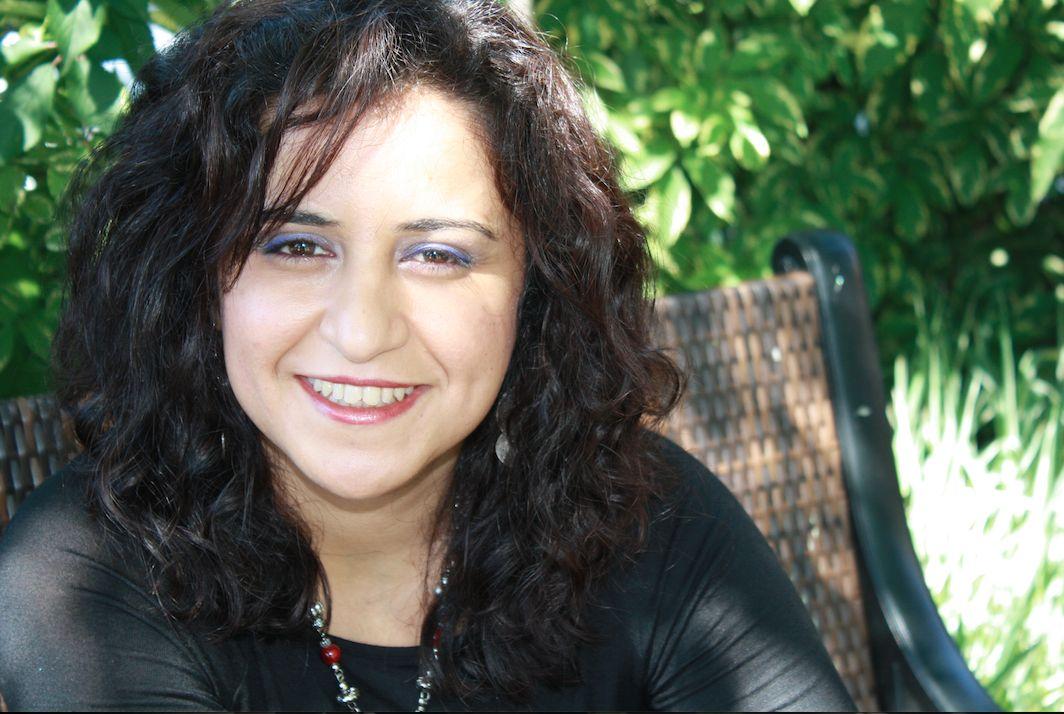
Dra. Amal Eqeiq
Visiting Assistant Professor, Center for Foreign Languages; Literatures and Cultures, Williams College amal.eqeiq@williams.eduAmal Eqeiq is a native Palestinian born in the city of Al-Taybeh. She is a writer, a scholar, an activist and an occasional poet. She holds a PhD in Comparative Literature from the University of Washington. The title of her dissertation is Writing the Indigenous: Contemporary Mayan Literature in Chiapas, Mexico and Palestinian Literature in Israel. Currently, she is a Visiting Assistant Professor of Arabic and Comparative Literature at Williams College. Her research interests include: Modern Arab Literature and Popular Culture, Palestinian Studies, Feminism(s), Performance Studies, Translation, Indigenous Studies in the Americas, Literature of the Global South and Creative Writing. Amal is the receipt of several fellowships and awards, including a writing residency at Hedgebrook: Women Authoring Change, a dissertation fellowship from the American Association of University Women and the Dean's Medal in Humanities from the University of Washington. In addition to working on her first novel, Amal keeps a Facebook Blog titled: "Diaries of a Hedgehog Feminist".
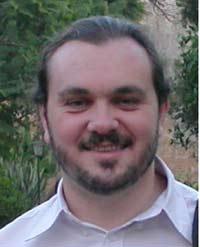
Philippe Bourmaud is professor of Contemporary History at Jean Moulin University (Lyon III). PhD in History, he is preparing a book based on his thesis, about the formation and work of medical practitioners in the Middle East, at the end of the Ottoman period. He does research about the festive rituals of interconfessional socialization in Palestine, during the same period, and its incidence in the Israeli-Palestine conflict —specially in the medical and health-assurance systems.
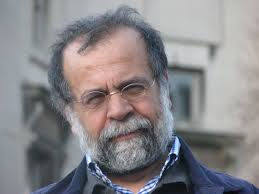
Dr. Hamid Dabashi
Professor of Iranian Studies and Comparative Literature, Columbia University hd14@columbia.eduHamid Dabashi is the Hagop Kevorkian Professor of Iranian Studies and Comparative Literature at Columbia University. He received a dual Ph.D. in Sociology of Culture and Islamic Studies from the University of Pennsylvania in 1984, followed by a postdoctoral fellowship at Harvard University. He wrote his dissertation on Max Weber's theory of charismatic authority with Philip Rieff (1922-2006), the most distinguished Freudian cultural critic of his time. Professor Dabashi has taught and delivered lectures in many North American, European, Arab, and Iranian universities.
Professor Dabashi has written eighteen books, edited four, and contributed chapters to many more. He is also the author of over 100 essays, articles and book reviews on subjects ranging from Iranian Studies, medieval and modern Islam, and comparative literature to world cinema and the philosophy of art (trans-aesthetics). His books and articles have been translated into numerous languages, including Japanese, German, French, Spanish, Danish, Russian, Hebrew, Italian, Arabic, Korean, Persian, Portuguese, Polish, Turkish, Urdu and Catalan.
Key Lecturers
Among the activities of the Arab Week in Mexico we organize an academic program, in which we have key lecturers from all arround the world. They are specialists in the subjects they present to us each edition

